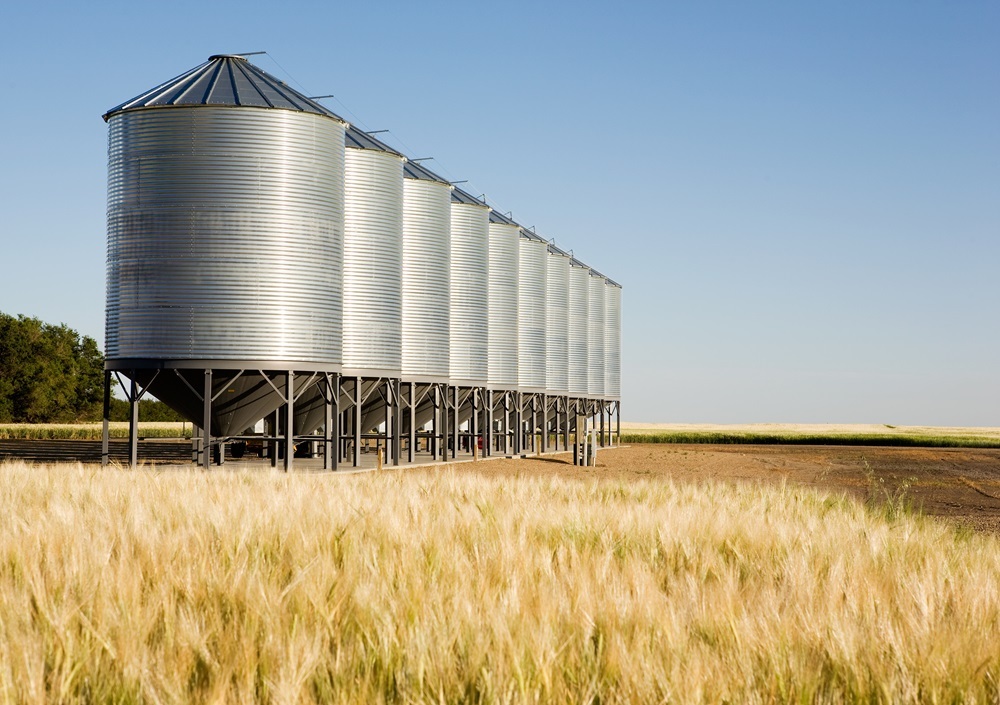April 23, 2024 (REGINA, SK) — The Agricultural Producers Association of Saskatchewan (APAS) acknowledges the Competition Bureau's recent findings regarding the proposed merger between agricultural giants Bunge and Viterra. The Bureau's report validates APAS's longstanding concerns, spotlighting significant risks to Canadian farmers that could result from reduced competition and increased market concentration.
“This report brings to the forefront the severe repercussions farmers could face in the wake of the Bunge-Viterra merger,” said Ian Boxall, APAS President. “We are particularly concerned about the potential for escalated costs and diminished profits for farmers, which would jeopardize their livelihoods, devastate rural communities, and erode the sustainability of Canadian agriculture."
“This merger will make it harder for grain producers to be successful,” Boxall added. “When you boil it down, it feels like farmers will be the ones subsidizing these huge grain companies if this merger is approved. With less competition, grain companies hold more of the cards—more one-sided, take-it-or-leave it grain contracts, fewer delivery options, lower prices, and less supply chain transparency and data.”
Key Concerns Highlighted by APAS:
Significant Anti-Competitive Effects: The Competition Bureau's report projects anti-competitive outcomes, including reduced market conditions for grain exports and canola processing. Such developments could drastically affect farmers' ability to secure fair prices, undermining their economic stability.
Erosion of Market Competition: A forecasted decline in competition due to monopolistic control poses a dire threat to grain producers. Reduced rivalry could result in less favorable terms for our farmers, and likely reducing their income.
Impaired Competition in Critical Market Segments: The identification of competitive harms in crucial areas like grain purchasing and canola oil sales heightens concerns over farmers' income due to declining market competition. It is alarming that the merger could suppress the prices that farmers can command for their crops.
Undue Influence and Reduced Competition: Bunge's likely heightened influence over competitors may further diminish the competitive environment, supporting APAS's predictions about risks of market distortion. Such a scenario could mean less competitive pricing for farmers' produce, less competitive grain contracts, less access to export sales data, all creating more economic difficulties for farmers.
Continued Public Interest Concerns: The ongoing public interest review by Transport Canada, informed by the Bureau's insights, underscores the merger's far-reaching implications. This thorough examination signifies the serious nature of the threat posed to farmers, who face significant economic burdens from reduced market competition and altered industry dynamics.
APAS calls for immediate action to address these concerns, urging regulatory bodies and the Government of Canada to consider the lasting impact of the Bunge-Viterra merger on Canadian agriculture. “Our priority remains the well-being and profitability of Saskatchewan and Canadian farmers. We seek assurance that their interests will be safeguarded in the face of this proposed monumental industry change,” said Boxall.
APAS remains committed to monitoring developments related to the Bunge-Viterra merger and advocating for policies that support a competitive, fair, and sustainable agricultural sector in Canada.
-30-
For more information, please contact:
Brook Thalgott
306.450.5053




